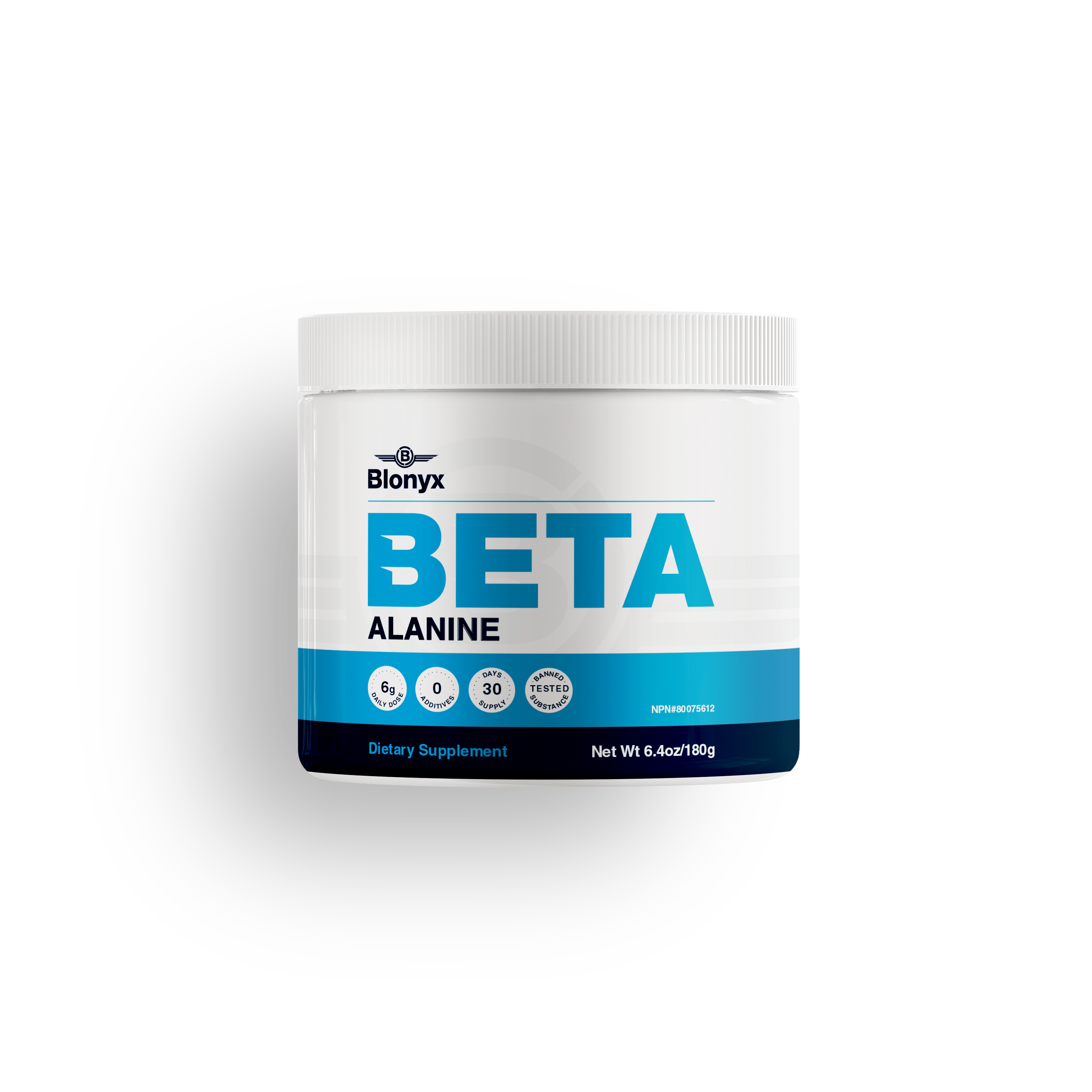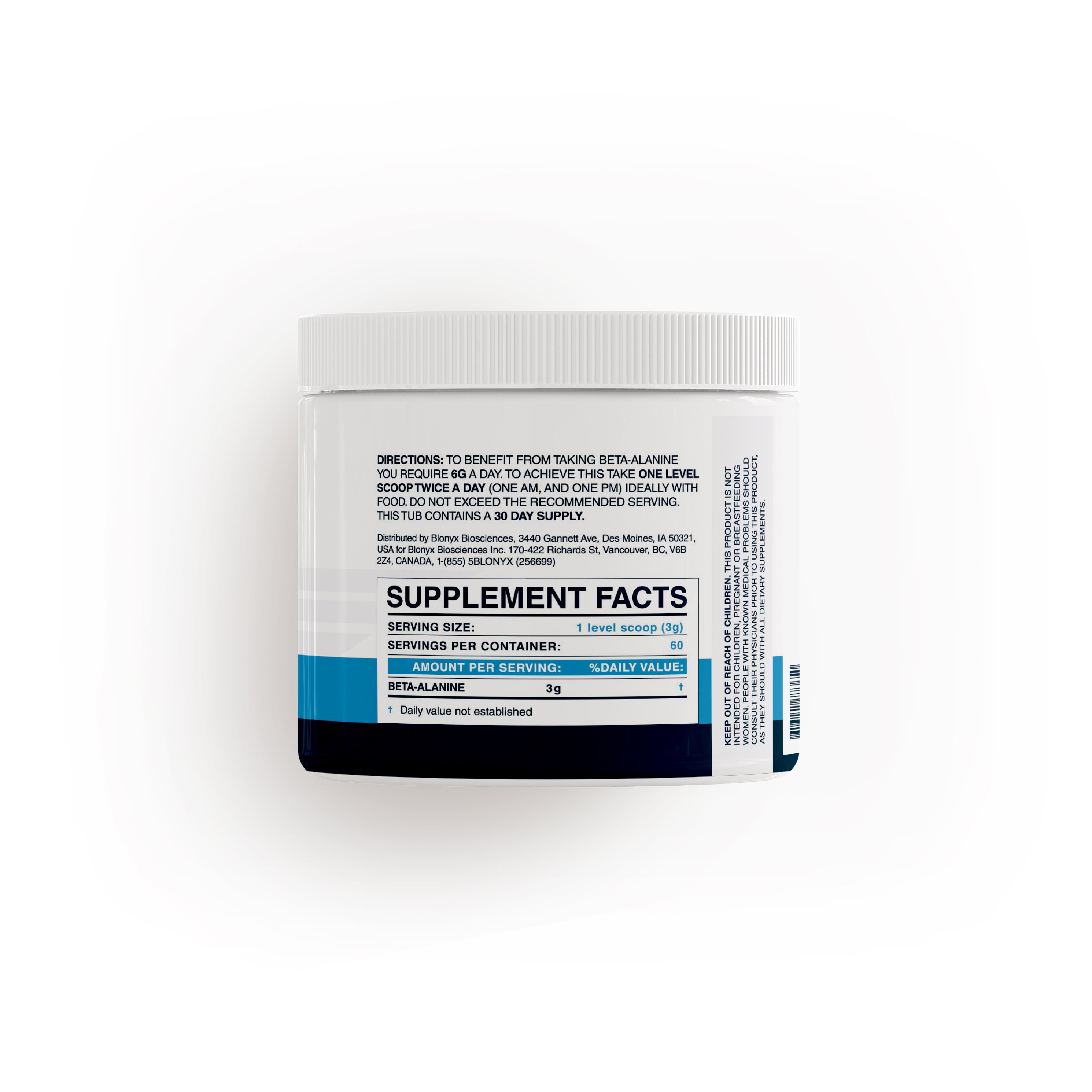1. Trexler et al. (2015): The official position paper of the International Society of Sports Nutrition on Beta Alanine. Beta Alanine is one of the few supplements considered to be both safe and effective by the society. Read the research
2. Baguet et al. (2010): 7 weeks of Beta Alanine supplementation improved 2,000m row time in trained rowers. Read the research
3. Hill et al. (2007): 13 males improved their total work done on a cycling capacity test after 4-10 weeks of Beta Alanine supplementation, vs. a placebo. Read the research
4. Sale et al. (2011): Beta Alanine supplementation increased cycling capacity vs. placebo in 20 men. Read the research
5. Danaher et al. (2014): Beta Alanine increased cycling work capacity after 6 weeks of supplementation. Read the research
6. Quesnele et al. (2014): The Effects of Beta-Alanine Supplementation on Performance: A Systematic Review of the Literature. Read the research
7. Santana et al. (2018): Beta-Alanine Supplementation Improved 10-km Running Time Trial in Physically Active Adults. Read the research
8. Bassett & Howley (2000): Limiting factors for maximum oxygen uptake and determinants of endurance performance. Read the research
9. Jordan et al. (2010): Effect of beta-alanine supplementation on the onset of blood lactate accumulation (OBLA) during treadmill running: Pre/post 2 treatment experimental design. Read the research
10. Laursen et al. (2002): Interval training program optimization in highly trained endurance cyclists. Read the research
11. Smith et al. (2009): Effects of β-alanine supplementation and high-intensity interval training on endurance performance and body composition in men; a double-blind trial. Read the research













